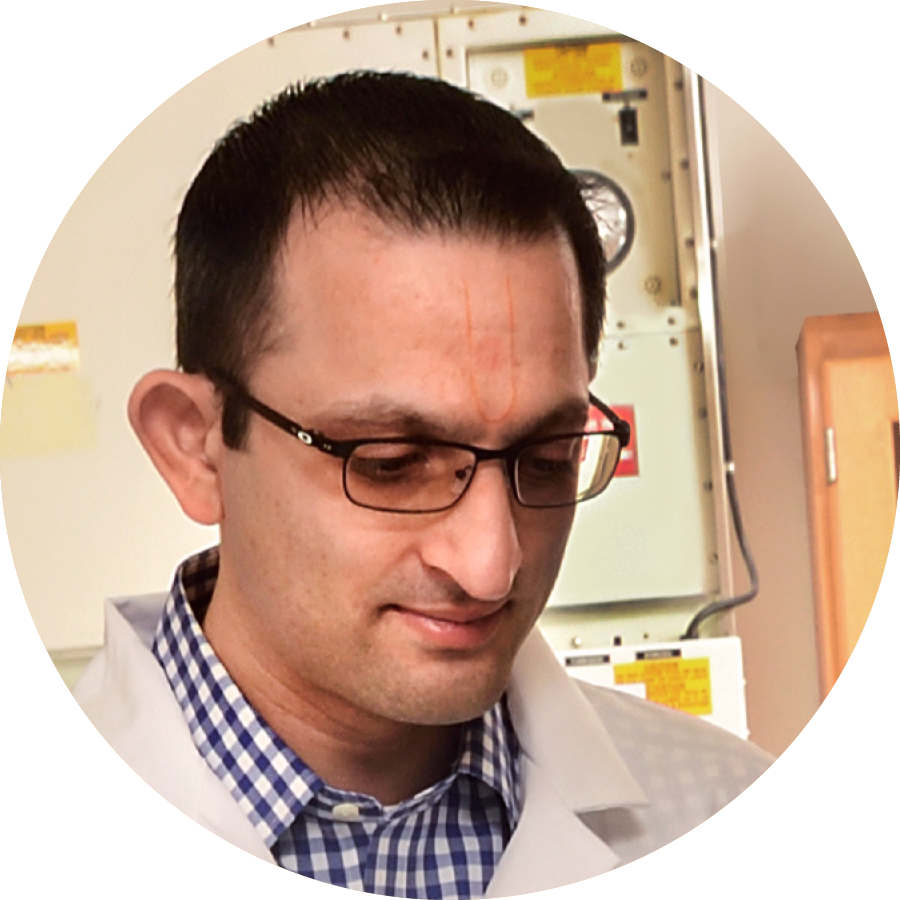COVID QUESTIONS | first notice
When did COVID first come onto your radar?

COLLEEN KELLY: “Infectious disease specialists were aware from December, watching closely nearly from day one. I got concerned in January and texted family and friends when cases in California started showing up in people with no travel history, which meant community spread was already happening. I thought, oh no, this is bad. But even then, I thought the worst of it was that a trip I had planned to California might get canceled. I knew about pandemics, but I’m not sure even I expected the day-to-day human impact of COVID-19. Kids out of school for a year? Who could have predicted that, or all the other ways the virus would change our way of life?”
SUTHAR: “I was on vacation in Los Angeles, funny to say now, at a big family reunion. I saw on the news a novel coronavirus emerging in China, and I knew right then there were three ways it could go: The virus could die out. It could not be that problematic—like MERS, where it causes infection but is not very transmissible. Or it could spread like wildfire. In January, some reports came out about asymptomatic individuals spreading the virus, and I knew at that point it was going to be a big deal, that the ability to control this virus’s spread, with the amount of travel we do, was going to be very difficult.
ROUPHAEL: “A colleague forwarded an article about an unknown pneumonia in Wuhan, China, in December. We had been granted our renewal for the Vaccine and Treatment Evaluation Unit (VTEU), and on January 21 I went to D.C. for the inaugural meeting of the Infectious Diseases Clinical Research Consortium. Dr. Tony Fauci was addressing the group about how big a threat coronavirus was and the first confirmed US case had just been identified in Seattle. I quickly came to realize SARS-COV-2 would become the focus of our research efforts and would change our lives forever.
EDUPUGANTI: “It was late February and I was actually traveling back to the US from Capetown, where I had attended an HIV meeting. They were checking everyone’s temperature when I arrived at the airport, and I ended up sitting next to a passenger who was coughing the whole time. I just got lucky; they easily could have had COVID-19. I did not have a mask on during the flight. That’s when I started worrying.
AHMED: “Very early, in late 2019, I heard what was happening in Wuhan. I was contacted by several colleagues in China, which I visit quite often. Before it even became a global pandemic, I was aware of it. But I did not realize it would be at our doorstep so quickly. I thought it was going to be a serious problem, but I had no idea it would spread like it did. I don’t think anyone did. It was shocking how quickly it got to Europe.

“In January, some reports came out about asymptomatic individuals spreading the virus, and I knew at that point it was going to be a big deal.”

